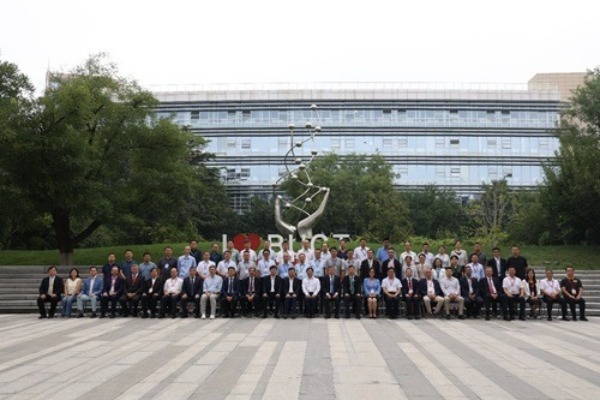
International Forum on Innovation and Development in Engineering Education, jointly organized by Beijing University of Chemical Technology (BUCT) and the National Graduate Education Steering Committee for Professional Engineering Degree, was held on August 30 at Beijing University of Chemical Technology (BUCT).
The forum was attended by Tan Tianwei, President of BUCT and Academician of the Chinese Academy of Engineering (CAE); Zhang Liqun, President of Xi'an Jiaotong University and Academician of CAE; Liang Qionglin, Secretary-general of the National Graduate Education Steering Committee for Professional Engineering Degree, Vice Provost of Tsinghua University; Dong Chuan, Director of the International Department of the Beijing Municipal Education Commission; Wang Zizong, Chief Engineering Technology Master in the refining and chemical sector of China Petroleum & Chemical Corporation; Dionissios Mantzavinos, Vice President of the University of Patras, Greece; Wang Luning, Vice President of University of Science and Technology Beijing, China; Chen Xiaodong, Fellow of the Singapore National Academy of Science and the Academy of Engineering; along with 32 experts, scholars, and corporate representatives from universities or institutions across 10 countries and regions, including Spain, the United States, Japan, Ireland, Canada, France, the UK, and China. The Opening Ceremony was presided over by Wang Feng, Vice President of BUCT.
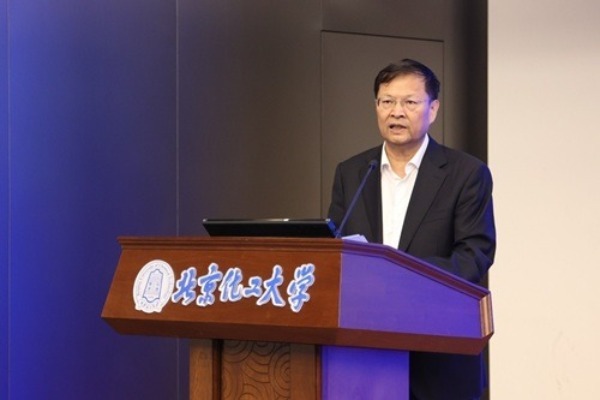
In his address, Tan Tianwei emphasized that at present, emerging new economic forms and the accelerated evolution of technological revolutions are driving global engineering education reform into a new stage. The core mission lies in cultivating high-quality engineering sci-tech talents capable of meeting the future demands of emerging industries and adapting to new business models. Engineering education in various countries is rooted in distinct cultural traditions, economic structures, and industrial environments, resulting in diverse and richly varied development models and practical experiences. This diversity offers multidimensional perspectives for observing engineering education and provides valuable opportunities to learn from successful experiences and beneficial practices. This forum aims to facilitate mutual learning, broaden perspectives, help identify shared challenges, collaboratively seek solutions, promote international cooperation and exchange, and lay a solid foundation for future joint research, faculty and student exchanges, and mutual recognition of standards — all contributing to enhancing the overall quality and influence of global engineering education.
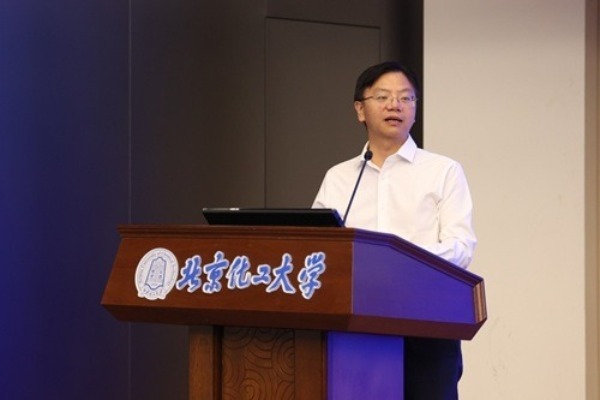
In his address, Liang Qionglin underlined that engineering science and technology serve as a crucial engine driving the development of human society, while engineering education constitutes a foundational cornerstone for cultivating future engineers, stimulating innovative potential, and addressing global challenges. As a major country in engineering education, China is consistently committed to deepening the reform of its engineering education system and enhancing the quality of talent cultivation. As an important organization guiding and promoting the development of professional degree graduate education in engineering in China, the National Graduate Education Steering Committee for Professional Engineering Degree pays close attention to global trends in engineering education and will continue to actively advance its practice and innovation.
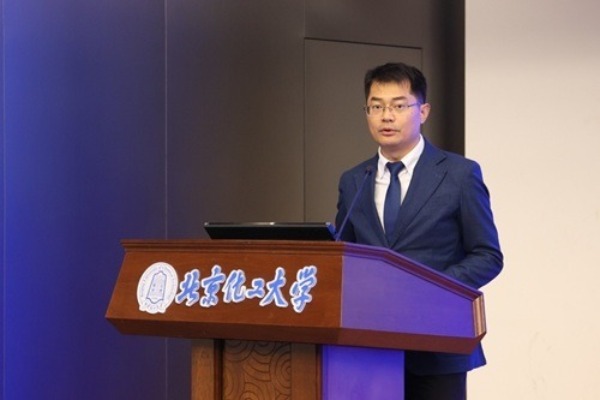
In his speech, Dong Chuan highlighted that Beijing, as China's center for sci-tech innovation and culture, boasts unique advantages in educational, scientific, and talent resources. It is home to numerous top-tier higher education institutions and research organizations, making it a leading hub for engineering education in China. The Office of International Exchange and Cooperation of Beijing Municipal Education Commission will continue to support universities in Beijing as they deepen cooperation with educational and industrial sectors worldwide. g Together they aim to build a more open, inclusive, interconnected, and mutually beneficial global community for engineering education.
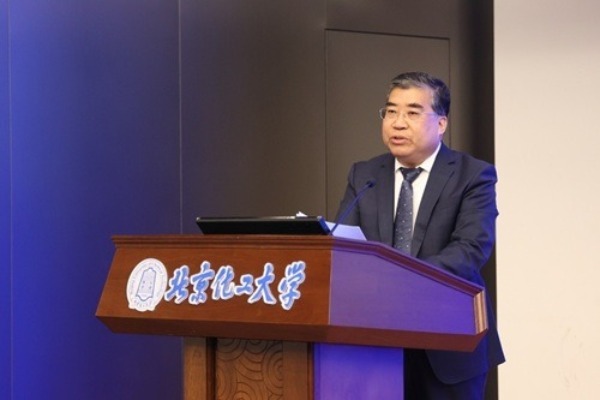
In his address, Wang Zizong emphasized that by leveraging higher education institutions' strengths in basic research and original innovation, and utilizing enterprises' advantages in applied research, engineering scale-up, and industrial transformation, both sides can accelerate the development of a university-enterprise collaborative innovation model integrated with "industry-academia-research-application". This approach will continuously strengthen the full-chain innovation system spanning "basic research—technology development—industrial demonstration", thereby driving the systematic training of engineering talents through systematic scientific research.
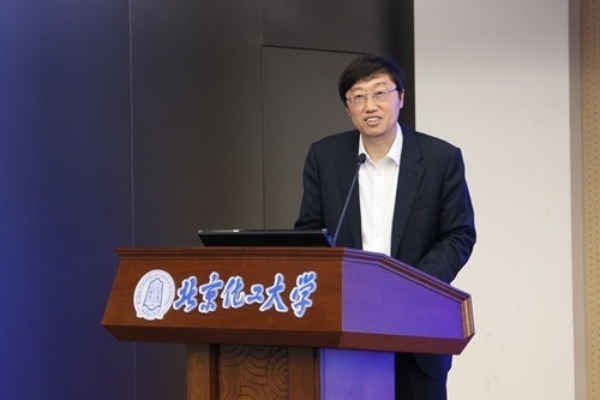
Wang Feng, representing BUCT, signed an MoU with the Institution of Professional Engineers, Japan (IPEJ). Meanwhile, Qin Peiyong, on behalf of Hou Debang Engineer School, BUCT, signed a letter of intent with the School of Computer Science at Technological University Dublin.
During the morning session, Zhang Liquan delivered a presentation on "Industry-Education Integration and AI-Empowered Engineering Talent Cultivation: A Case Study of Xi'an Jiaotong University".
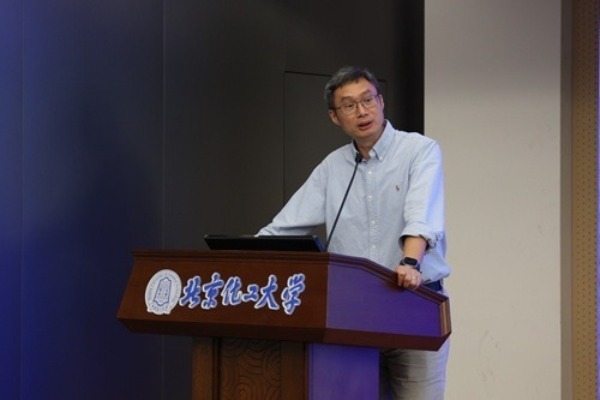
Chen Xiaodong presents on "Innovation-Driven Development of World-Class Disciplines".
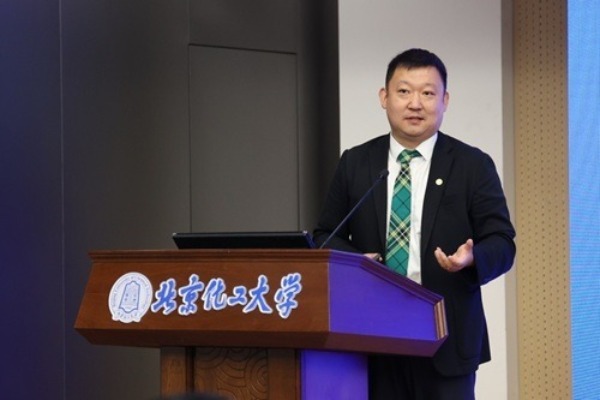
Wang Luning shared insights on "The History, Reflection, and Practice of Sustainable Engineering Education: Reforms in Materials Science and Engineering at the University of Science and Technology Beijing".
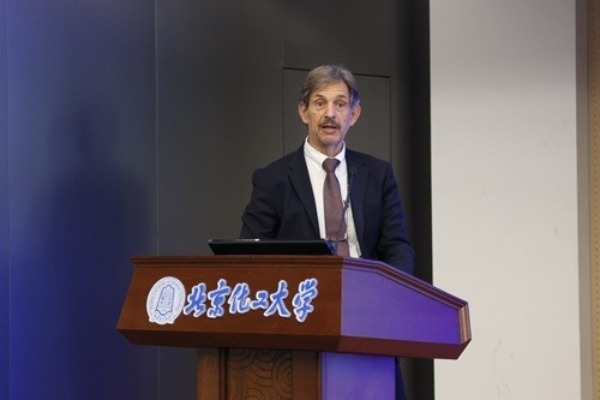
Dionissios Mantzavinos delivered a presentation on "A Century of Engineering Education in Greece".
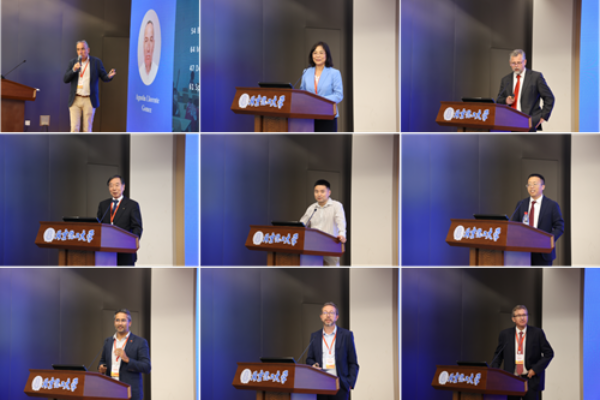
In the afternoon, nine experts shared the engineering education systems, experiences, and philosophies of their respective countries and related universities, including Professor Agustin Llorente Gomez from the University of Zaragoza, Spain; Mr. Hisato Kumazawa, Overseas Affairs General Representative of the Japan Technologist Association; Professor Paul Doyle from the Technological University Dublin, Ireland; Professor Yajun Yan from the University of Georgia, USA; Professor Geng Lisheng, Dean of the Sino-French Engineer School at Beihang University; Professor Pranav Chintalapati from the University of British Columbia, Canada; Mr. Feneux Ronan, French Vice Dean of the Paris Curie Engineering School; and Professor Philip Martin from the University of Manchester, UK.
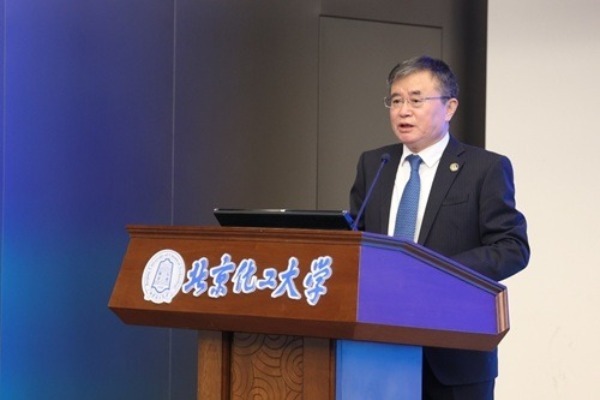
At the Closing Ceremony, Wang Feng highlighted China’s commitment to advancing engineering education. He noted that China is enhancing its specialized reform initiative for training master's and doctoral engineering students, aiming to produce outstanding engineers for the new era. . Since the 2022, Central Conference on Talent Work, outstanding engineers have been recognized as a national strategic talent force. China aims to collaborate globally to develop engineers equipped to tackle future challenges. A dual integration patternn—localization of internationadards and internationalizing Chinese practices—is quickly emerging. This forum has explored and outlined strategies for advancing international engineering education. The insights and agreements reached aim to inspire tangible actions that will transform engineering education. Ongoing collaboration, shared knowledge, and joint research are expected to usher in new advancements in higher engineering education.










